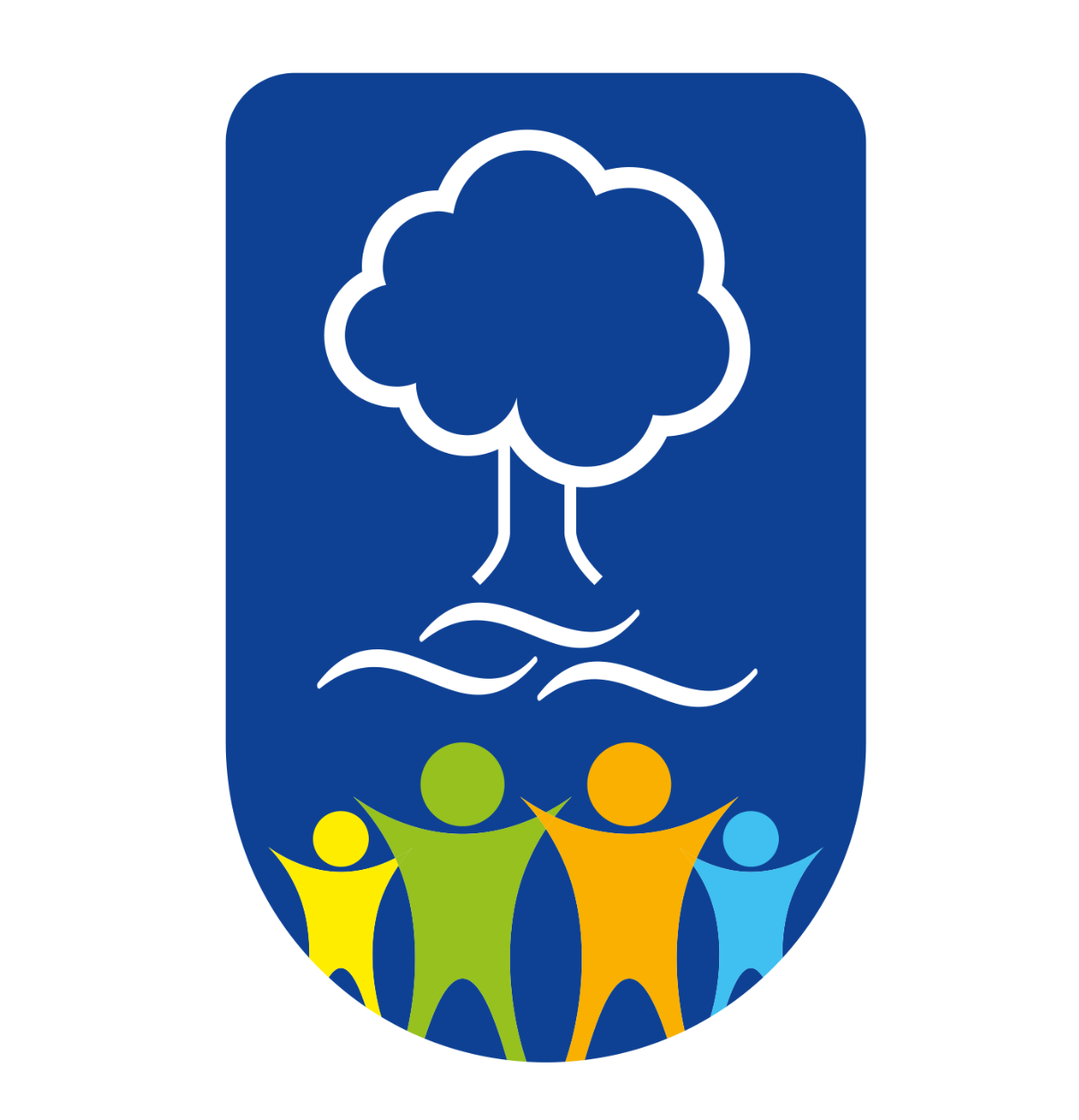Computing


Intent
In today's rapidly evolving digital society, computing plays a crucial role in our daily lives. Technology continues to transform our lives, making the world a much smaller place and enabling us to communicate in ways we never thought possible. The importance of understanding and using technology safely and responsibly cannot be overstated, and the teaching of computing plays a vital role in preparing students for the challenges of a technology-driven world.
Computing helps students develop a range of essential skills, including problem-solving, critical thinking, creativity, and logical reasoning. These skills are not only valuable in their own right, but they are also transferable to other areas of life, helping pupils to succeed both personally and professionally in the future.
In addition, computing opens a world of exciting possibilities, which can inspire students to learn more about how technology is shaping our world and the possibilities for the future. By fostering a love and curiosity for computing, we can help cultivate the next generation of computer scientists and technology leaders.
| Computing encourages pupils to use logical reasoning to predict the behaviour of simple programs. |
Computing develops pupils’ skills in using technology to create, store, manipulate and retrieve digital content. |
Through computing, pupils are more able to actively participate in a rapidly changing technological world. |
| Computing teaches pupils how to flourish in a connected world, developing their sensitivity to others online, treating them with respect, and showing respect for their privacy. |
Computing gives pupils rapid access to ideas and experiences from a wide range of people, communities and cultures, for example through the use of the internet and email. |
Computing helps pupils to express themselves and develop their ideas through information and communication technology, at a level suitable for the future workplace and as active participants in a digital world. |
| Computing makes it possible for pupils to explore real-world situations that would be too difficult, too expensive or too dangerous to create in real life. |
Computing teaches pupils how to keep safe online, and where to go for help and support, |
Critical thinking and analytical skills are developed through computing. |
| Computing encourages pupils to develop a richer digital literacy experience, as they document what they know and learn for others through blog posts, audio recordings etc. |
Computing builds pupils’ confidence in, and enthusiasm for, using technology in the wider world, as they present to one another and upload their work for others to see. |
Computing nurtures pupils’ collaboration skills, as they work together and support one another in their learning. |
Implementation
Computing is taught through the thematic units. The ‘Digital Citizenship’ strand is further built on through the teaching of the ‘Safe Zone’ units. The Satellite View maps out which thematic units feature computing and clearly shows the objectives that are taught.
Computing is taught through a combination of hands-on, interactive, and engaging activities that allow students to apply their knowledge and skills in real-world contexts. Whether through unplugged activities that encourage creative problem-solving, or hands-on projects that allow students to experiment with technology, pupils will develop their skills and knowledge through meaningful and engaging learning experiences. The curriculum is designed to encompass the different strands of computing.
What do we learn about in Computing?
‘Learning Means the World’ Curriculum. We learn about:-
Digital Citizenship
This is the ability to access digital technology safely and responsibly, as well as being an active, respectful, discerning member of society both online and offline.
Computer Science
This encompasses the principles of information and computation, how digital systems work, and how to put this knowledge to use through programming.
Data
This teaches pupils how to sort and present data in a variety of ways, using databases and spreadsheets, and how this is utilised in society.
Information Technology
This helps pupils understand the practical applications of computing in the wider world, e.g. computer networks and the World Wide Web.
Multimedia
This involves the use and combination of video, audio, graphics and text to interact and communicate with an audience through a variety of different software/apps.
Impact
Learning in Computing will be enjoyed across the school. Teachers will have high expectations and quality evidence will be presented in a variety of forms. Google Classroom will be used for the sharing of resources, and for recording digital work. Children will use digital and technological vocabulary accurately, alongside a progression in their technical skills. They will be confident in using a range of hardware and software and will produce high-quality, purposeful products. Children will see the digital world as part of their world, extending beyond school, and understand that they have choices to make. They will be confident and respectful digital citizens going on to lead happy and healthy digital lives.
More information can be found in the documents below.

